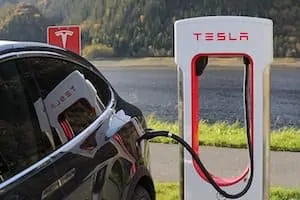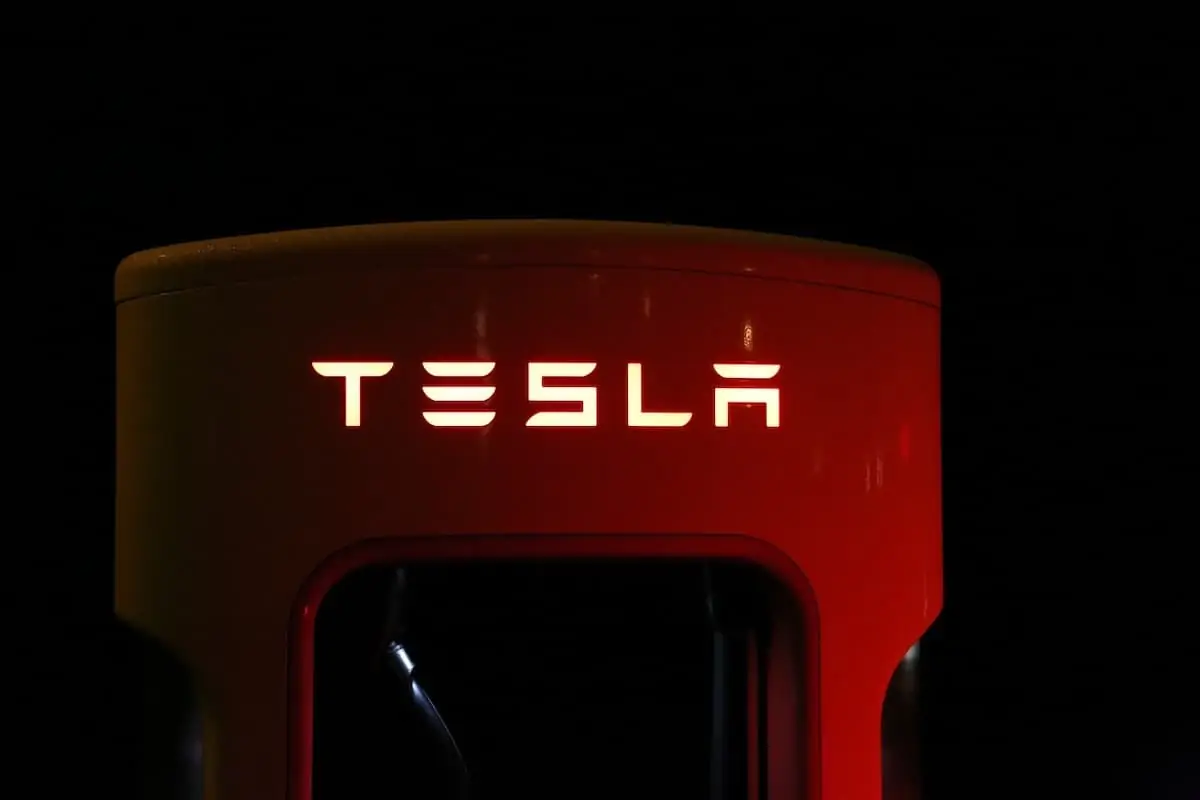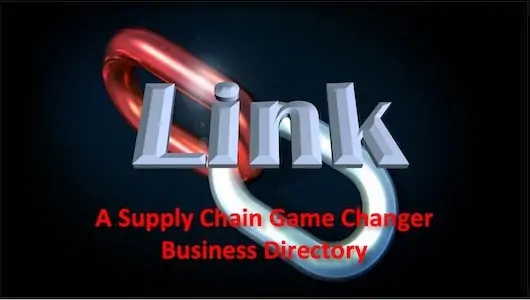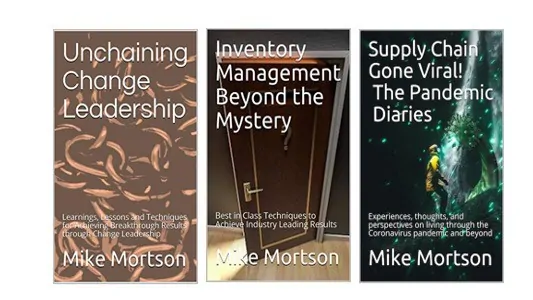Tesla’s relentless research and development produce innovative solutions powered by cutting-edge technology. Tesla is a perfect role model for using advanced automotive technologies that further enhance modern vehicles’ efficiency and safety.
Automobile makers, including Tesla, utilize automation, machine learning, artificial intelligence, and other technologies when designing vehicles, including innovative accessory feature comparisons such as flow formed wheels vs forged.
While Tesla’s milestones in automotive manufacturing are impressive, the company also faces a fair share of issues, including supply chain management.
Back in 2016, we posted about Tesla’s ambitious plan to ramp up production of its consumer-grade Model 3 electric car to 500,000 vehicles a year by 2020. At the time, pretty much every analyst agreed that was an ambitious target for a manufacturer without solid experience mass-producing vehicles at that scale.
In the two years since, Tesla’s CEO Elon Musk has issued a number of other bold predictions. He’s championed a whole host of emerging technologies. He’s made the world feel like the future could resemble a sci-fi novel – were he to deliver on the herculean tasks of sending humans to mars, shifting the world to solar power production, and figuring out how to directly connect computers to human brains.
But in the meantime, there’s also been the pesky matter of the more mundane – but seemingly no less difficult – task of delivering on the very high demand in the marketplace for Tesla Model 3s. In 2016, the company faced scrutiny for allegedly hiring 140 workers from Eastern Europe for $5 an hour.
Then, in 2017, various press outlets reported on a number of issueswith the Model 3’s Supply Chain, specifically issues related to the vehicle’s battery design, as well as issues with manufacturing automation. The result?
Only 220 Model 3s were delivered as of October 2017. We’re sure the company has delivered more cars since then, but that’s a brutal statistic almost two years after over 400,000 consumers paid $1000 each to preorder the car. Investors are growing restive, with the company’s share price down 6.8%, and the company reporting a $671.1 million loss for the 3rd quarter of 2017.
Musk has compared the Model 3’s current production state to the “8th circle of hell,” and acknowledged that Tesla won’t hit the goal of 5,000 units produced a month until “sometime in March 2017.”

A great article last month from CIPS’ industry magazine Supply Management dove into some of Tesla’s Supply Chain woes, discussing how the company, still considered a visionary in the industry, has got to this place, as well as some optimistic scenarios for how it can get out of it.
Written by Paul Simpson, it’s an interesting account of how Supply Chain issues can stymie a company, even if that company and product have huge positive brand association. Similarly to what we did with analysis of Target’s Canadian misadventure, we wanted to see what lessons we can draw from Tesla’s Supply Chain issues that might be useful in industries other than automotive manufacturing.
Here are our biggest takeaways for what can be learned from Tesla’s Supply Chain woes:
If you’re not confident that your production and Supply Chain are up to snuff, don’t overpromise to the consumer
Elon Musk has made a cottage industry out of bold pronouncements about the future, and he’s delivered on some of them before. It’s why he’s gained a reputation as a visionary. Musk had to know that promising to quickly scale up production to 500,000 cars a year was an unrealistic goal. He’s also someone who believes in setting big goals as a way of achieving the impossible.
But even with that in mind, it’s possible he also underestimated the inevitable difficulties in mass-producing a product with 10,000 individual parts, and that’s led to way too many 2 a.m. nights tinkering with robotics on factory floors.For his part, Musk acknowledged that he’s now trying not to make pronouncements about production timelines.
Take ownership for Supply Chain failures rather than blaming suppliers
Even if suppliers are failing to deliver, consumers (and, relevant to Tesla, shareholders) will almost always blame the company itself rather than those suppliers – and rightly so. They’re the ones who selected those suppliers, after all.
In Tesla’s case, Musk took personal ownership over the decision to select the system integration subcontractor that’s behind the latest delays – instead of blaming his Supply Chain staff. Depending on your perspective, you can either look at this as a visionary CEO being transparent about Supply Chain difficulties, or a manufacturer throwing a supplier under the bus.
Great companies need a Supply Chain guru
Simpson quotes an argument by American journalist Travis Hoium, who said that “Elon Musk Needs his Own Tim Cook to Take Over Operations.” Drawing a parallel to Steve Jobs, Hoium argues that Musk needs an operations genius who can match his vision for the future and product development excellence with Supply Chain execution.
Sometimes business leaders – especially those with the vision of someone like Elon Musk – overrate their own ability to understand the intricacies of managing complex Supply Chains, to their detriment. Tesla’s issues underscore the importance of having the right talent in place to avoid the murky waters of Supply Chain failure – and figure out how to right the ship if things go awry.
Despite these numerous issues, it looks like – for now – Tesla is facing more heat from shareholders than consumers. Anticipation for the Model 3 is still high, showing that a strong product and brand can trump some Supply Chain issues.
But these issues are starting to have a real impact on Tesla’s share price and bottom line, and the pressure is on.
Here’s The Latest Update On Tesla’s Supply Chain Issues
Tesla is attempting to resolve these issues, as evidenced in its latest strategic tactic that strengthened its computer chip supply chain. They took the available chips when they couldn’t source the chips they needed from other suppliers. So, the company rewrote the software to satisfy their needs, which other automakers can’t do.
Previously, the insistence of Musk on having the company do more things on its own caused the struggles to increase production. However, the current strategy of Tesla’s CEO shows vindication. Just recently, it’s becoming clear that Tesla is gaining superior command of advanced technology and its supply chain.
The recent update clearly shows how Tesla resolves its supply chain issue associated with computer chips. How does it impact its overall supply chain status? Let’s keep an eye on more future updates.



 EBOOKS HERE
EBOOKS HERE
2 thoughts on “Tesla Supply Chain Issues and Lessons!”
Comments are closed.